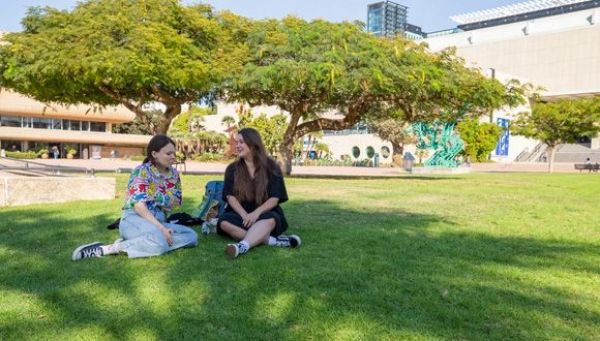Against the backdrop of the UN Climate Change Conference (COP26) in Glasgow, and following a comprehensive series of tests, TAU prepares to formulate a strategic plan for significantly reducing greenhouse gas emissions generated by its activities and promoting more efficient use of resources and renewable energy. The university places great importance on reducing its environmental footprint by using sustainable energy, recycling water and materials, reducing use of paper, introducing green purchasing procedures and other activities designed to reduce the campus' carbon footprint, and eventually attain carbon neutrality.
Inspecting Footprints
To this end, a team of academic and administrative experts appointed by TAU's Green Campus Committee headed by TAU President Prof. Ariel Porat, launched a comprehensive inspection to assess the overall carbon footprint (in terms of CO2 equivalent) and water footprint of all TAU activities both on and off campus. The analysis, which began approximately a year ago, included assessment of the following:
- energy consumption from various sources on campus
- water consumption
- transportation to and on campus
- construction inputs
- pruning and gardening
- waste production and food consumption
- serving utensils and packaging at cafes and kiosks on campus, and more
The team will soon complete their mission and submit their findings to the Green Campus Committee and TAU's senior management. Based on their report, TAU will formulate a strategic plan for reducing greenhouse gas emissions on campus and reaching carbon neutrality.
Read more at Tel Aviv University
Image: Students enjoying a moment on the increasingly greener TAU campus (Photo: Rafael Ben-Menashe)


